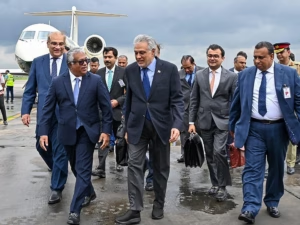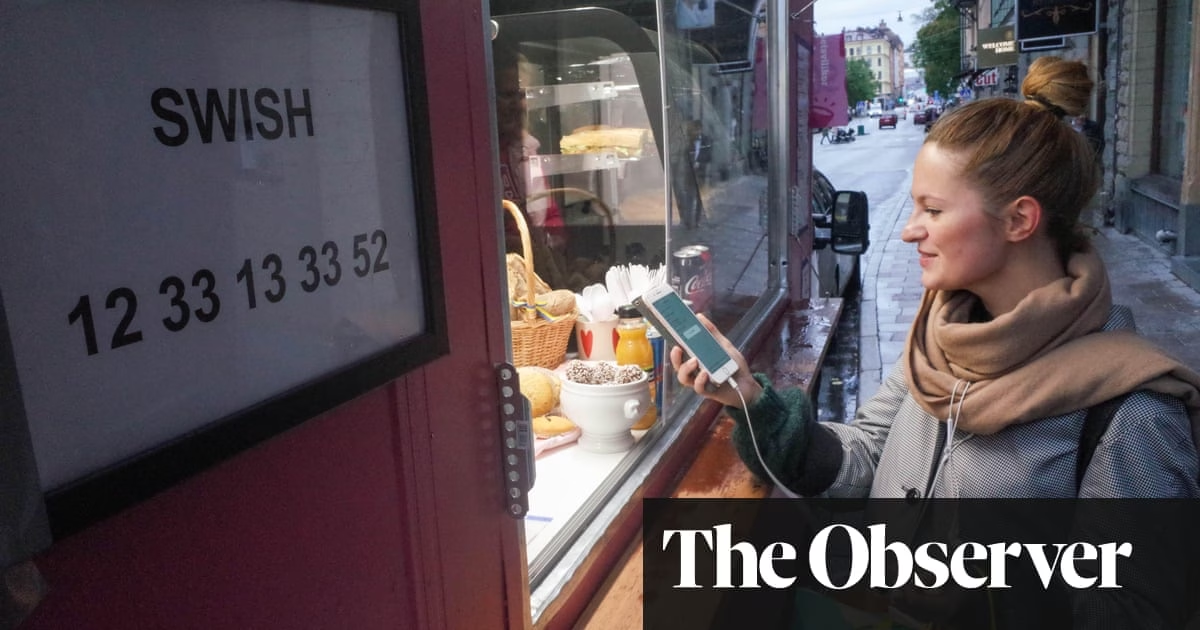In 2018, a former deputy governor of Sweden’s central bank forecasted that the country would likely be cashless by 2025. Several years later, this prediction is almost accurate, as only one in 10 purchases are now made with cash. The most common form of payment is by card, followed by the Swedish mobile payment system, Swish, and other mobile payment services are rapidly growing.
According to the central bank’s annual payments report, Sweden and Norway have the lowest amount of cash in circulation, as a percentage of GDP, in the world. However, in the current context of conflict in Europe, unpredictability in the US, and the fear of Russian hybrid attacks in daily life in Sweden, being cashless is not proving to be the utopia it was once thought to be.
The Swedish authorities are now encouraging citizens to keep and use cash for civil defense purposes. In November, the defense ministry sent a brochure to every household entitled “If Crisis or War Comes,” advising people to regularly use cash and keep a minimum of a week’s supply in various denominations to “strengthen preparedness.”
The central bank states that measures need to be implemented to enhance preparedness and reduce exclusion so that everyone can make payments, even during a crisis. While efficiency has been the priority for payments in the past, safety and accessibility have now become “at least as important.”
The government has proposed that some public and private entities should be required to accept cash, a recommendation that the central bank supports.
In recent years, the central bank has been focusing on its potential digital currency, the “e-krona,” but the project was discontinued. Instead, the bank is now monitoring the global development of digital currencies.
Sweden is not the only Nordic country reassessing plans for a cashless society. Norway, which has a system similar to Swish called Vipps MobilePay, has enforced legislation that requires retailers to accept cash. The government advises citizens to “keep some cash on hand due to the vulnerabilities of digital payment solutions to cyber-attacks.”
Norway’s former justice and emergencies minister, Emilie Mehl, emphasized that without cash, there would be no backup plan during a crisis.
In conclusion, while Sweden and Norway are among the most cashless countries in the world, they are still relying on cash for preparedness during emergencies.
Source: https://www.theguardian.com/technology/2025/mar/16/sweden-cash-digital-payments-electronic-banking-security








